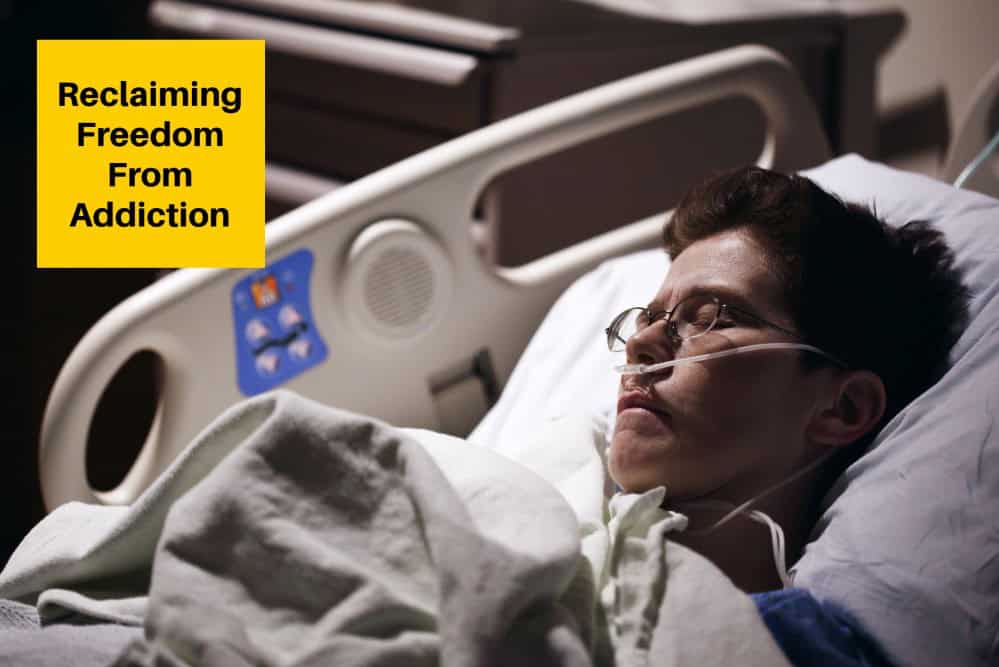Cocaine addiction is a complex issue that impacts individuals across the world, impacting them directly as well as those close to them. Although recovery may seem impossible at times, with proper support and treatment it’s possible to overcome addiction and start living a more fulfilling, healthier and fulfilling lifestyle.
Understanding Cocaine Addiction Cocaine’s Allure
At first, cocaine may provide an intoxicating euphoria and increased energy, but quickly becomes addictive as users chase its promise for that feeling of fulfillment and freedom. This deception often leads to addiction as users search out an “unlockable high”.
Cocaine addiction treatment to cocaine involves an increasingly persistent cycle of craving, use and withdrawal. Over time, cocaine becomes prioritised over other essential activities within the brain resulting in its relentless pursuit.
Securing Assistance: Making Your Move
Acknowledging the Problem Its Recognizing a cocaine addiction is essential in beginning recovery. As loved ones or individuals alike, loved ones must become familiar with its signs and symptoms; such as behavioral changes, social isolation and neglect of obligations.
Professional Evaluation
Consulting with medical professionals or addiction specialists for an evaluation is of great benefit in order to gain an in-depth assessment of an addiction’s severity, helping create an individual treatment plan tailored specifically towards treating that addiction. Facilities like luxury drug rehab centers in Malibu provide comprehensive evaluations in a serene, private setting where medical experts can thoroughly assess each person’s unique situation and develop personalized recovery strategies.
Cocaine Addiction Treatment Options Available (COAA)
Cognitive Behavioral Therapy and Contingency Management can be highly effective strategies in treating psychological aspects of addiction. By helping develop coping mechanisms and strategies to resist cravings, these forms of therapy provide individuals with effective ways of combatting their cravings and help keep cravings at bay.
Medication-Assisted Treatment Certain medications, like disulfiram and topiramate, may help to control cravings and manage withdrawal symptoms more effectively, often when combined with therapy for comprehensive therapy treatment plans.
Support Groups
Narcotics Anonymous (NA) can be an empowering form of community and understanding for those facing similar struggles, providing invaluable opportunities for sharing experiences and finding strength from those with experience navigating similar waters.
Establishing Healthy Coping Skills
Learning effective coping techniques is integral to sobriety; such skills allow an individual to cope with stressful events, triggers, or cravings without resorting to drug use.
Lifestyle Changes
Making positive lifestyle adjustments – including regular physical exercise, balanced nutrition and participation in enriching activities – can support an easier recovery journey.
Overcoming Challenges Relapse Prevention
It is inevitable during any recovery journey; therefore it’s essential to view any setback as temporary rather than an indication of further failure, while seeking immediate support to halt further spiralling downward.
Rebuilding Relationships
Cocaine abuse often puts strains on relationships. Open dialogue, therapy sessions and consistent efforts are vital in rebuilding trust with loved ones and strengthening bonds that once were damaged due to addiction.
Breaking free from cocaine dependency takes dedication, support, and an all-encompassing treatment approach. Armed with these resources and an iron will, individuals can overcome obstacles, rediscover purpose in life, and build a future free from addiction.

